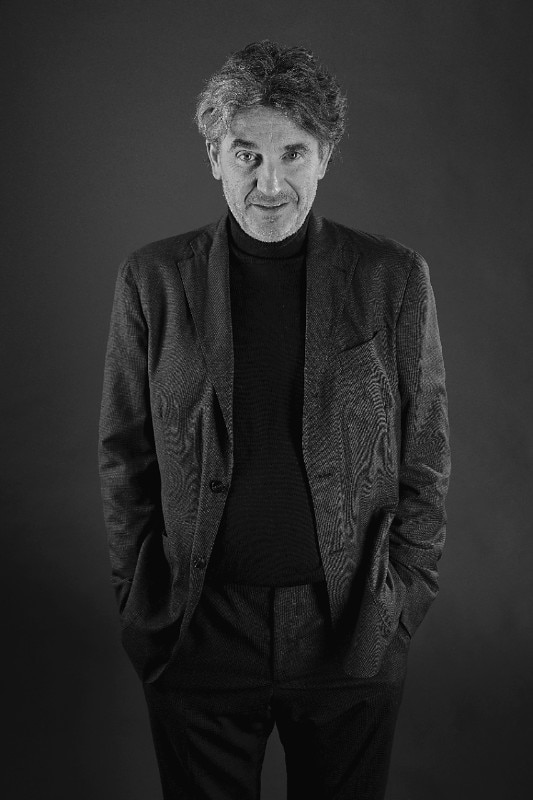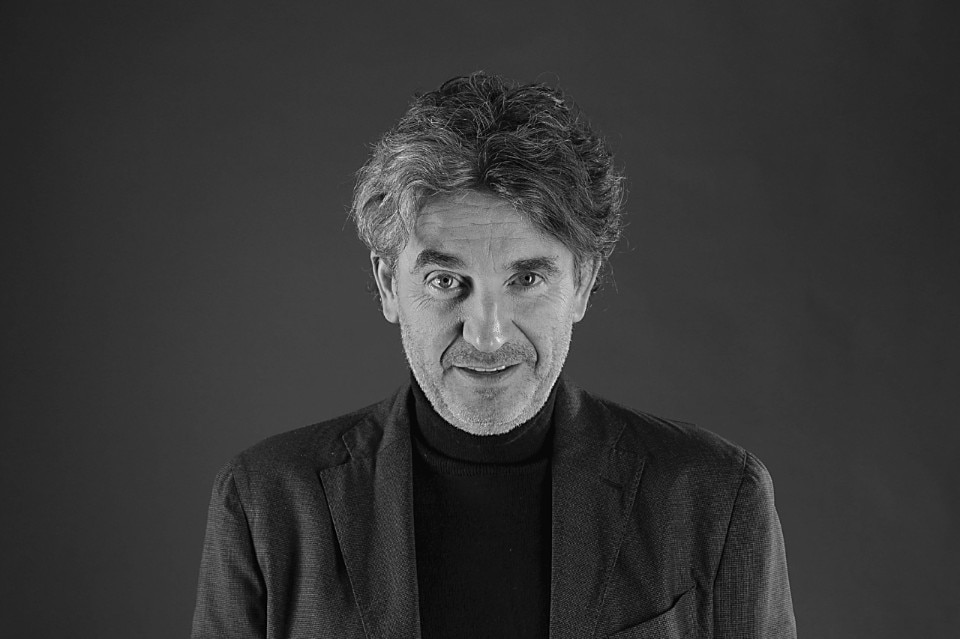Commonplace is an interesting expression that has two meanings in many languages. On the one hand the literal, strongly positive one. Common places are the public places, the open and free areas of cities that the state creates for individuals to frequent and use for practical but above all ethical reasons. In commonplaces, an incredible metamorphosis takes place, where the self transforms into we and realises a central aspect of people’s lives: the sense of community. In a way, commonplaces are the infrastructures – as this magazine puts it – of belonging to a group of individuals, who freely choose not to pursue individualistic goals alone, but to converge towards the realisation of collective goals.
In this sense, commonplaces are a synonym for politics, they make politics, they constitute politics, which in its highest meaning is the art of being together in the city, of moving from the ‘I’ to the ‘we’ thanks to the physical and conceptual structures, rules and customs that make associated life better than isolated life.

However, there is also another meaning of commonplaces, which has a much less positive connotation. Commonplaces are stereotypes, i.e. those assumptions or beliefs that are not true even though they are considered to be so, that apply to a place, an object, an event or even a group of people. In most cases they are preconceptions, abstract, schematic and false, which can sometimes have a positive meaning (the French are elegant) but more often a negative one (Italians are not disciplined). In any case, they are just the opinion one individual or social group has about other groups. An opinion that is difficult to avoid even if it is crass, false, wrong.
This issue of DomusAir is dedicated to many commonplaces about cities and infrastructure. In fact, we have tried to dismantle many beliefs about cities, how it is possible to live in them and their fate. Above all, on how we can change it. Because destiny is not written, as a very old cliché goes, but depends almost exclusively on us. On who we decide to be and how we want to live. Happy reading.


